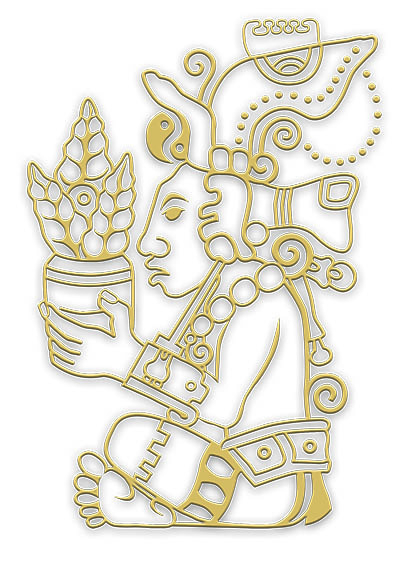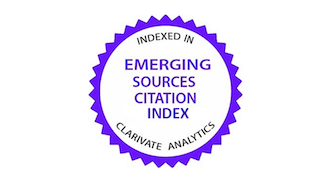Effect of different media and rooting substrates on the hardening-off process of transgenic rose
DOI:
https://doi.org/10.15517/am.v30i1.29541Keywords:
Rosa hybrida, culture media, soilless culture, acclimatizationAbstract
Introduction. In vitro culture allows the genetic improvement of rose (Rosa hybrida), however, the acclimatization of plantlets in solid sustrate is a difficult process, it leads to malfuntion of stomata in the plants and consequently low carbon dioxide assimilation. Objective. The objective of this research was to evaluate three in vitro rooting media and different substrates for ex vitro acclimatization through solid and liquid media of transgenic rose. Materials and methods. transgenic rose (Rosa hybrida L.) cv. Classy plants were obtained from somatic embryo that were cultured in vitro for two years and were subjected rooting in vitro and ex vitro followed by acclimation. For in vitro rooting three different medium and for the ex vitro experiments, seven different combination of substrate were used. The study was carried out between August 2012 to January 2013 in Centro de Investigación y Asistencia de Tecnología y Diseño del Estado Jalisco, A.C. Results. The results from the in vitro and ex vitro experiments showed that the best in vitro rooting medium was the MS medium with the addition of 30 g/l sucrose and 0.5 g/l activated charcoal. The substrate composed of 70% peat moss and 30% pearlite was found to be the best for ex vitro conditions obtaining 20% of rooting. The substrate with 25% humus produced the highest chlorophyll content, however, there was no rooting. Solid treatments produced a higher percentage of seedling survival, high average number of leaves per plant, high chlorophyll content and a better sprout quality than hydroponics. However, the survival rate was 40% in the absence of aeration and 0% with aeration after sixteen days of the experiment. Treatment without aeration did not show any rooting. Higher contents of organic matter in the rooting substrate and the presence of aeration in a hydroponic solution did not guarantee a greater survival during acclimatization. Conclusion. Higher contents of organic matter in the rooting substrate and the presence of aeration in a hydroponic solution may not guarantee a greater survival during acclimatization. The results represent an optimization in the acclimatization of plants and the establishment of hydroponic culture of rose.
Downloads
Downloads
Published
How to Cite
Issue
Section
License
1. Proposed policy for open access journals
Authors who publish in this journal accept the following conditions:
a. Authors retain the copyright and assign to the journal the right to the first publication, with the work registered under the attribution, non-commercial and no-derivative license from Creative Commons, which allows third parties to use what has been published as long as they mention the authorship of the work and upon first publication in this journal, the work may not be used for commercial purposes and the publications may not be used to remix, transform or create another work.
b. Authors may enter into additional independent contractual arrangements for the non-exclusive distribution of the version of the article published in this journal (e.g., including it in an institutional repository or publishing it in a book) provided that they clearly indicate that the work was first published in this journal.
c. Authors are permitted and encouraged to publish their work on the Internet (e.g. on institutional or personal pages) before and during the review and publication process, as it may lead to productive exchanges and faster and wider dissemination of published work (see The Effect of Open Access).




























